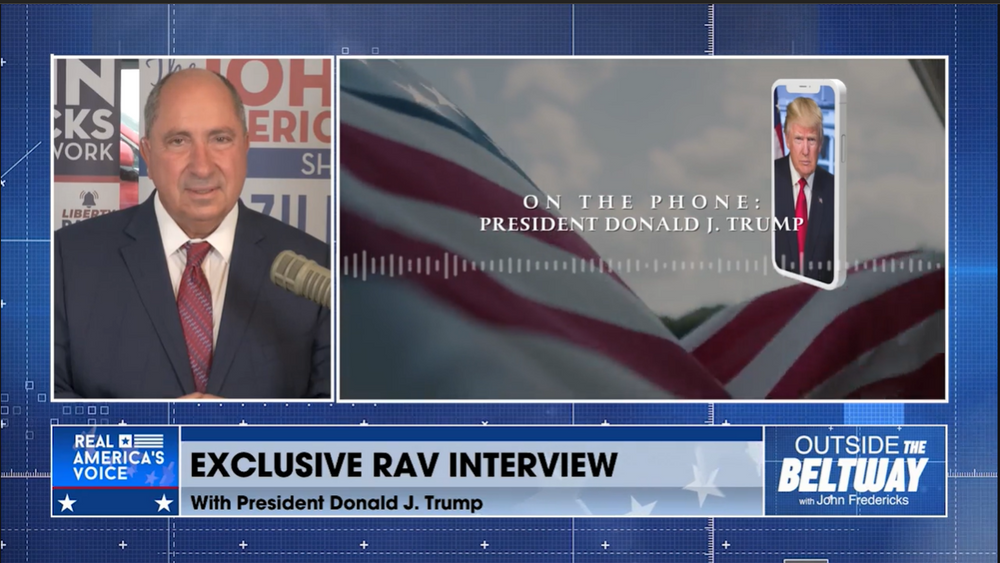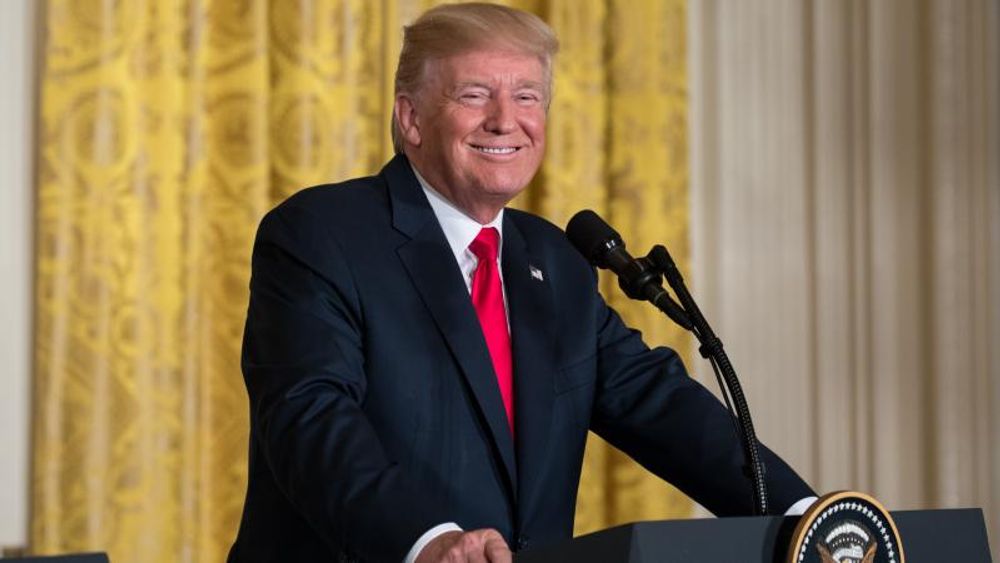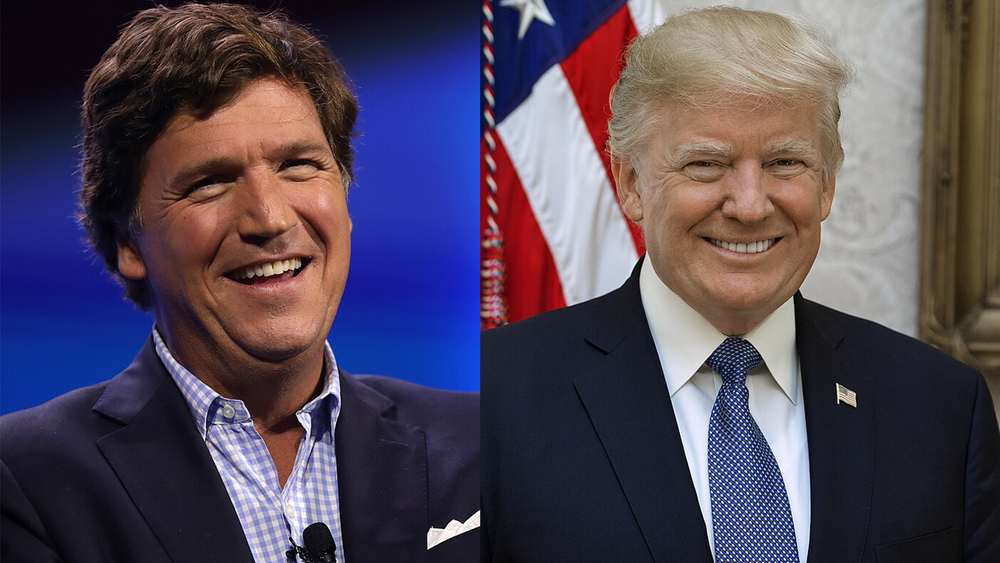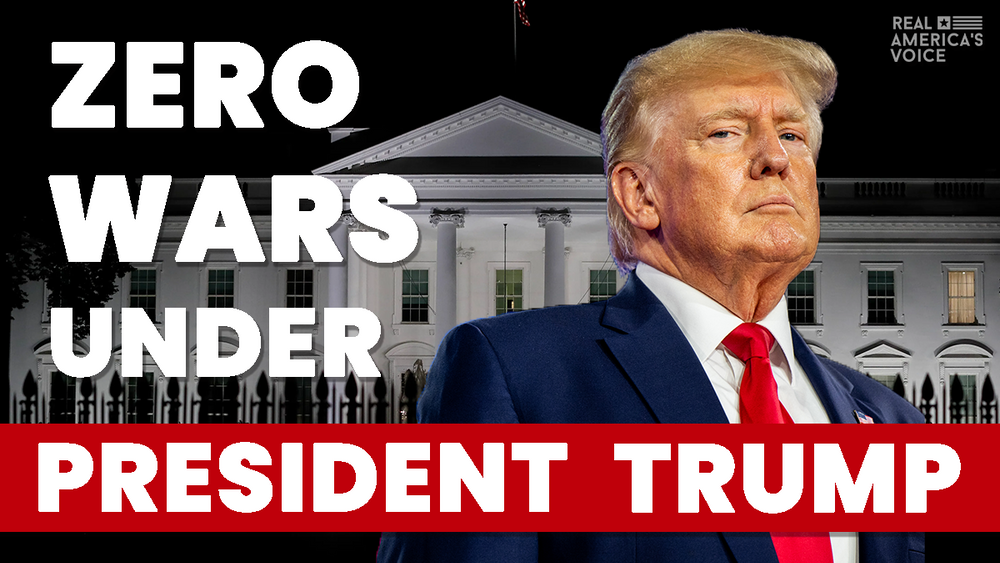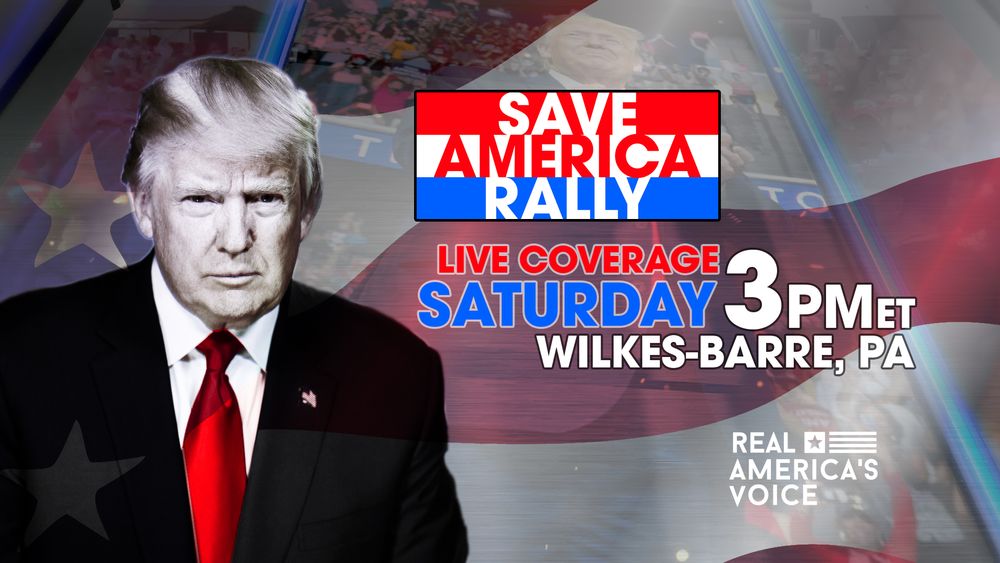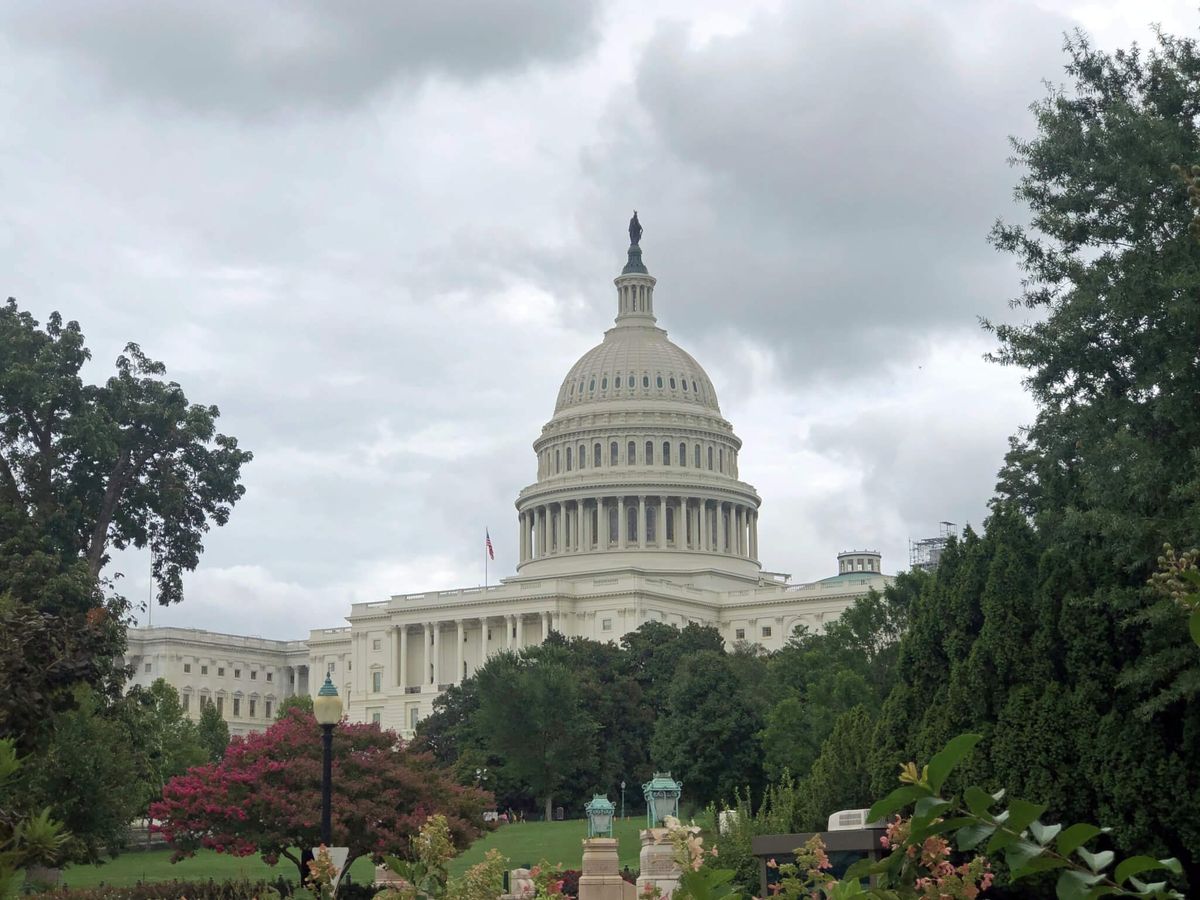
6 Key Questions About the House Vote on the Impeachment Process
The U.S. House of Representatives is scheduled to vote Thursday on a resolution to formalize the impeachment inquiry into President Donald Trump. Here's what it means:
What is the House voting on?
The resolution outlines a process for carrying out the impeachment inquiry into alleged wrongdoing by Trump in a phone call with Ukraine's leader. It details the rules for holding public hearings and for subpoenaing witnesses. It says the House Intelligence Committee must produce a report for the House Judiciary Committee to use when deciding whether to recommend one or more articles of impeachment. The resolution also provides a way for the president's legal team to present his defense and cross-examine witnesses.

Why is the House voting now?
House Speaker Nancy Pelosi for weeks ignored Republican demands for a formal vote on whether to open the impeachment inquiry. Instead, she launched the official impeachment inquiry on Sept. 24, announcing six House committees would move forward with investigations into a whistleblower's claims about alleged wrongdoing by Trump. Republicans said the absence of a House vote made the impeachment process illegitimate. Neither the Constitution nor congressional rules require a vote to start an impeachment inquiry.
What does this vote mean politically?
The vote will determine how much support exists among the 435 members of the House for an impeachment inquiry. The measure is assured passage by a majority vote, with the expected support of nearly all 234 Democrats, and may draw a few Republican supporters. How many Republicans vote for the inquiry will be a key indicator for the president about how members of his party are viewing the impeachment inquiry.
How does this vote affect the standoff over the impeachment inquiry?
Formalizing procedures for the impeachment inquiry could make it more difficult for the White House to continue to refuse to work with investigators or obey subpoenas. In the vote announcement, Pelosi said, "We are taking this step to eliminate any doubt as to whether the Trump administration may withhold documents, prevent witness testimony, disregard duly authorized subpoenas, or continue obstructing the House of Representatives."
What do Republicans say?
The White House rejected the proposed rules as unfair. White House press secretary Stephanie Grisham said, "The White House is barred from participating at all, until after Chairman Schiff conducts two rounds of one-sided hearings to generate a biased report for the Judiciary Committee." House Minority Whip Steve Scalise recommended in an email to Republican lawmakers that they vote “no” on the resolution. He said, if passed, the formalized rules and procedures would lead to the use of “biased evidence obtained as the foundation for impeachment.”

What is the impeachment process timeline?
Democratic leaders have said they favor holding a vote on whether to impeach the president before the new year, and maybe as soon as late November. If the House approves articles of impeachment, the Senate will hold a trial — likely in the new year — which will determine whether to remove the president from office. Congress still has to pass spending bills by Nov. 21 to fund the government for the coming year, making the legislative calendar particularly complicated.
 Papadopoulos Seeks California Seat Left Vacant by Rep. HillNext Post2 US Diplomats: Trump Viewed Ukraine as Corrupt
Papadopoulos Seeks California Seat Left Vacant by Rep. HillNext Post2 US Diplomats: Trump Viewed Ukraine as Corrupt
